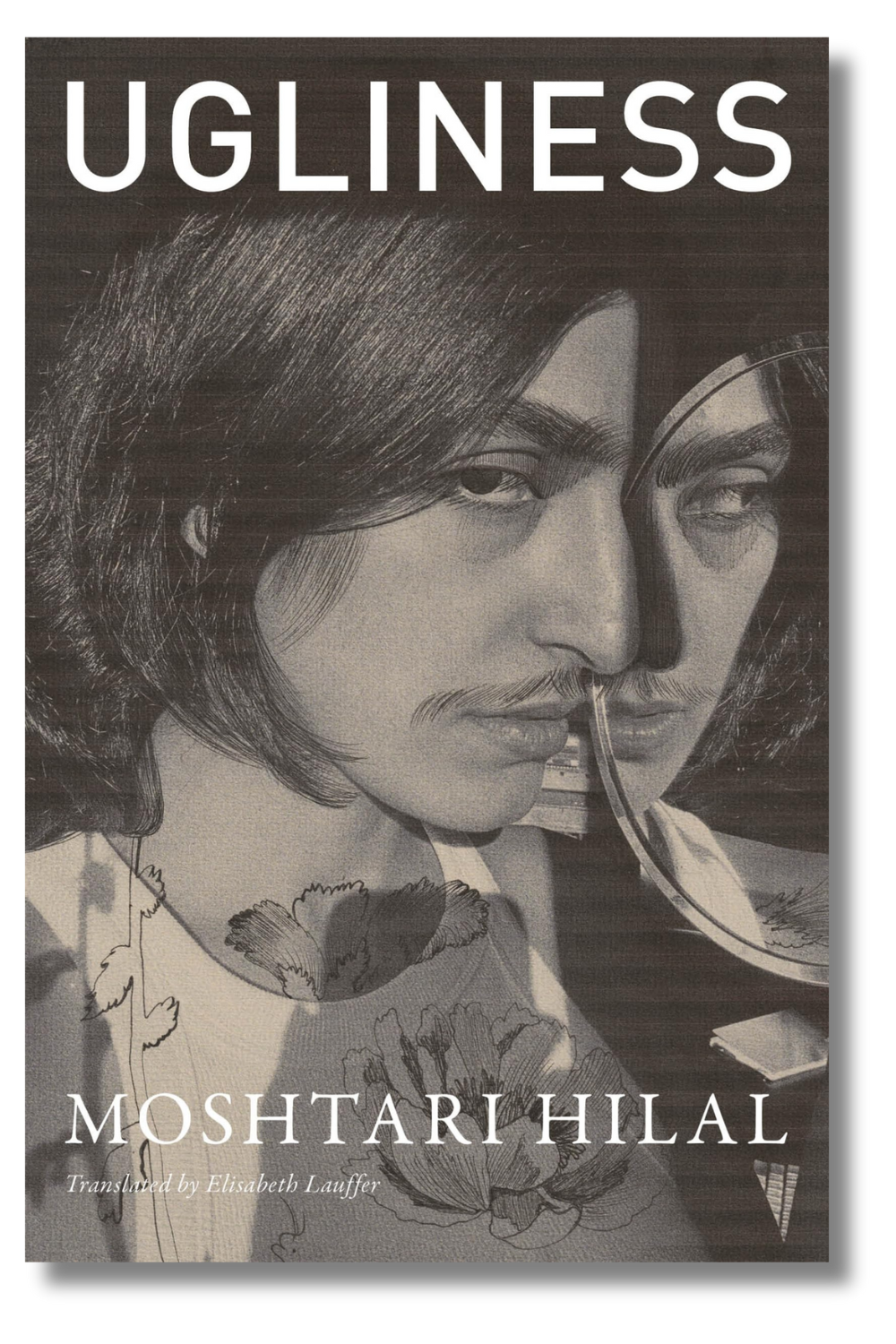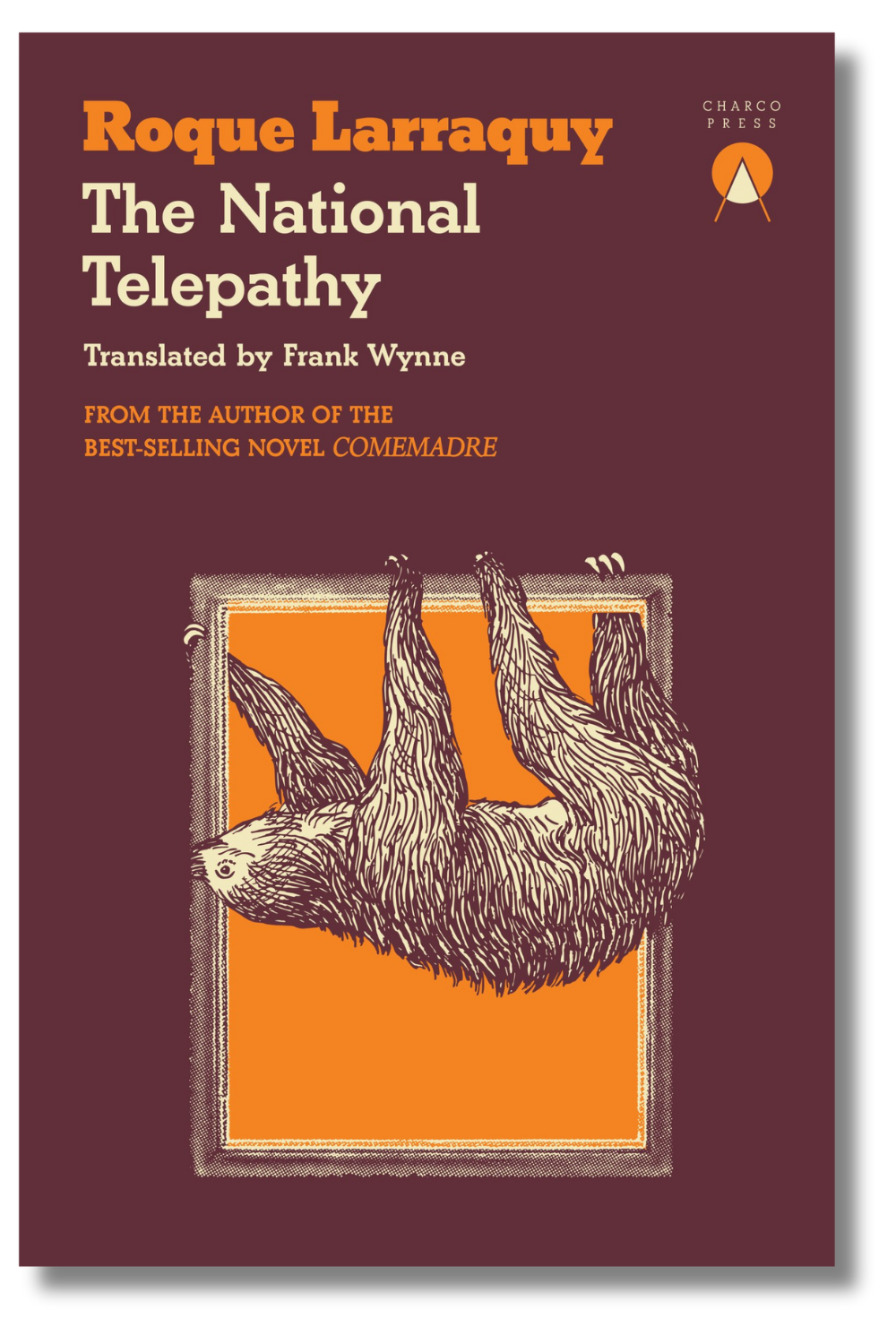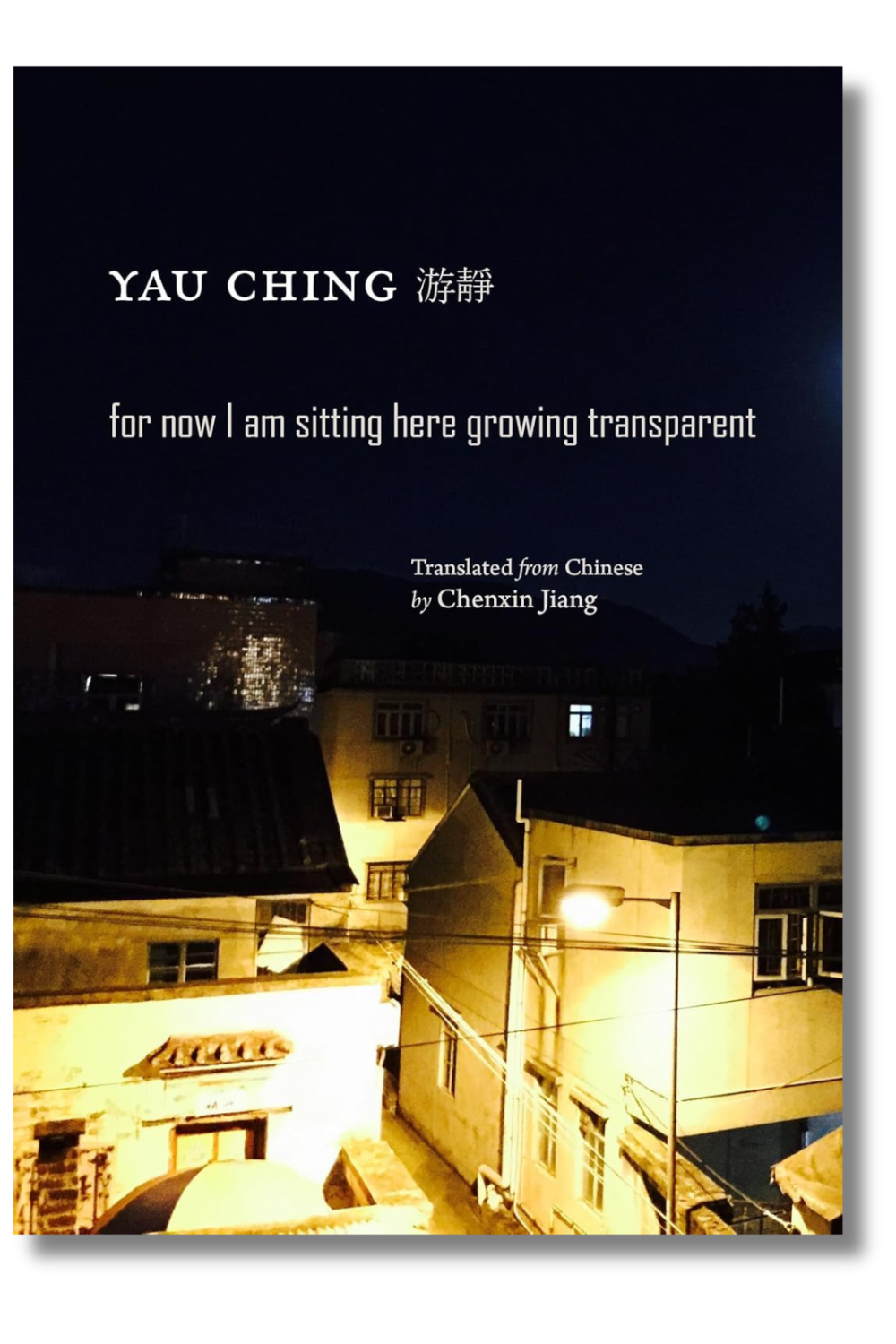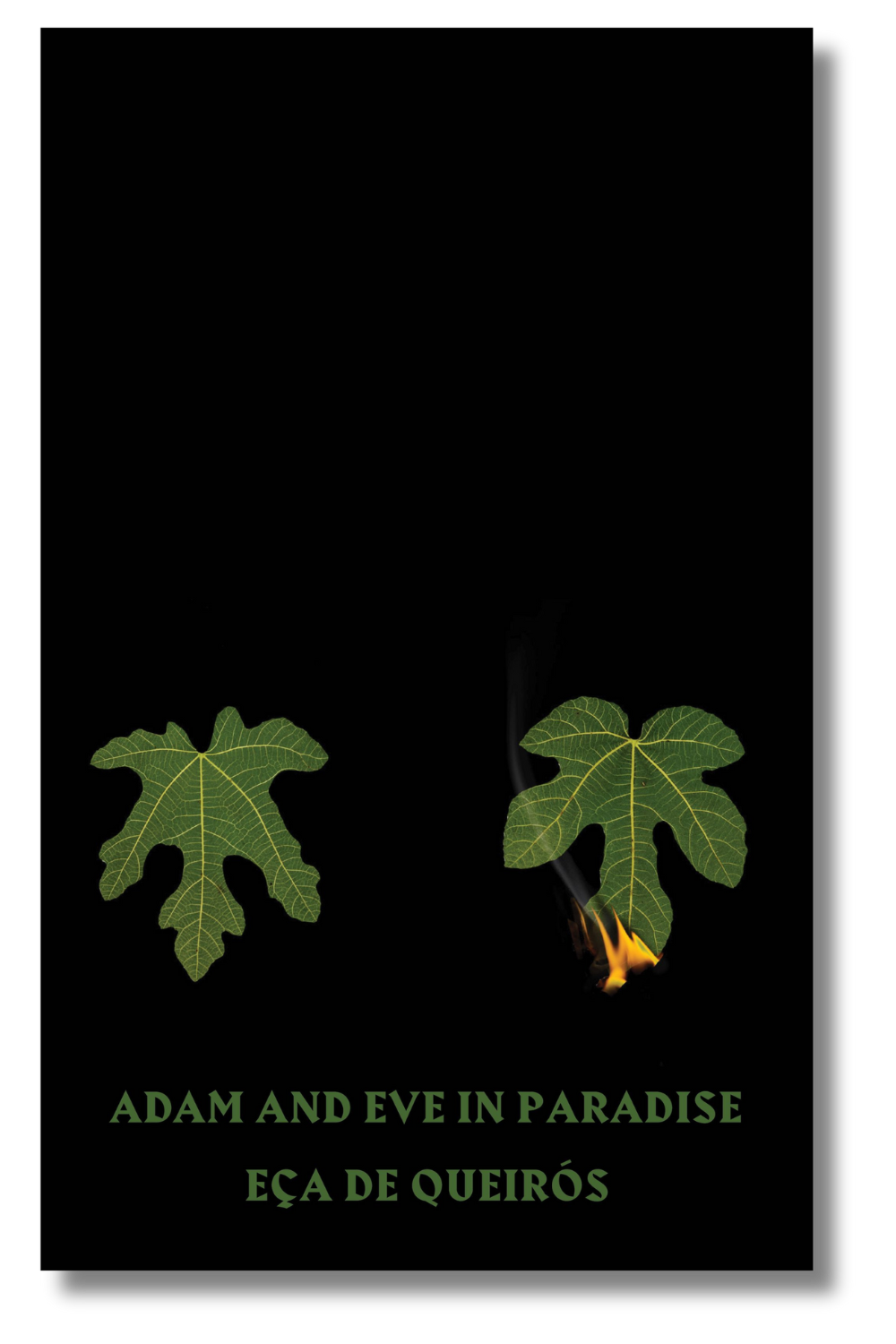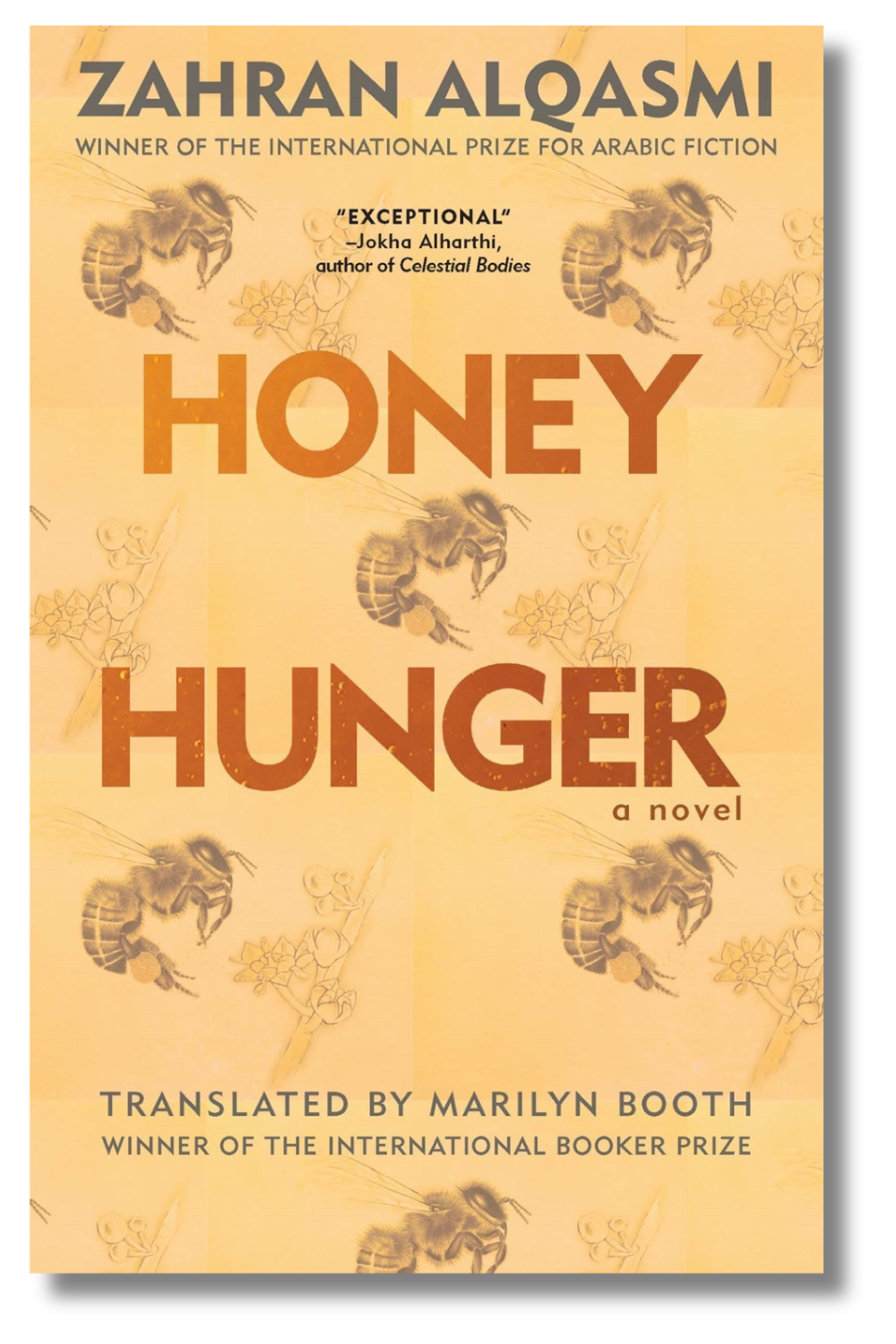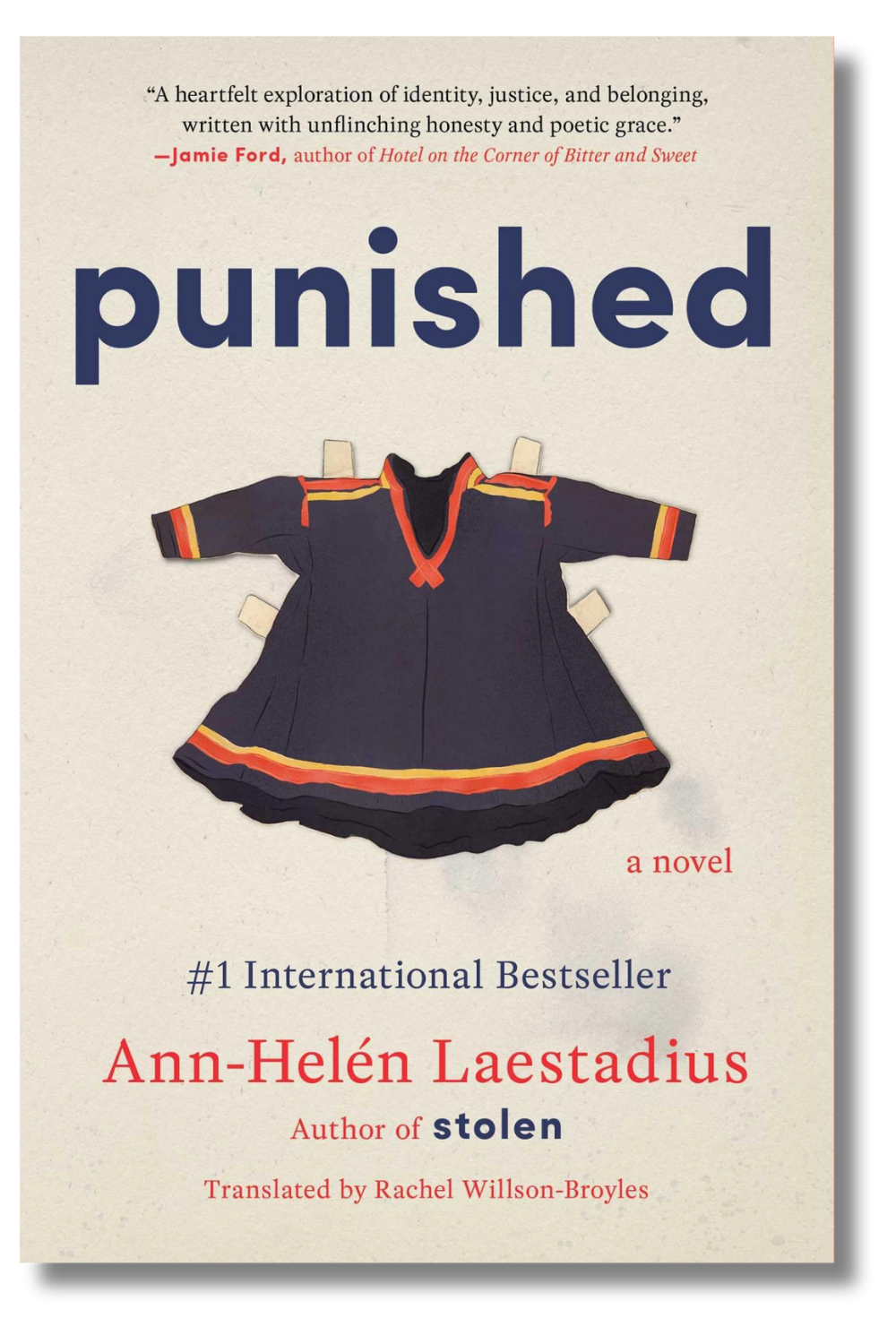From New Vessel Press | Ugliness by Moshtari Hilal, translated from the German by Elisabeth Lauffer | Nonfiction | 224 pages | ISBN 9781954404281 | US$18.95
What the publisher says: “How do power and beauty join forces to determine who is considered ugly? What role does that ugliness play in fomenting hatred? Moshtari Hilal, an Afghan-born author and artist who lives in Germany, has written a touching, intimate, and highly political book.”
What Rhonda Garelick at The New York Times says: “Ms. Hilal’s book is all about seeing just how structural the issue of ugliness really is, how little it has to do with individual features, or individuals at all. Ugliness makes a ‘big picture’ argument, panning outward from one young woman’s life to some of the largest issues we confront globally—hence to all of our lives.”
What I say: Combining nonfiction with images and brief interludes in free verse, Ugliness is a formally inventive work. It’s also both intensely personal and wildly ambitious, a book that leaves the reader impressed with Hilal’s observations about life, appearances, and aesthetics and at the same time gives them a profound sense of what it’s like to be this book’s author. It’s the sort of difficult-to-categorize book that can leave a deep impression.
From Charco Press | The National Telepathy by Roque Larraquy, translated from the Spanish by Frank Wynne | Fiction | 161 pages | ISBN 9781913867904 | US$16.95
What the publisher says: “In The National Telepathy, Roque Larraquy, one of the most original voices in contemporary Argentinian literature, brings us a literary high-wire act, an over-the-top comic grotesque about atrocity. This shocking, bizarre, funny, imaginative novel lays all-too-bare the secret longings and not-so-secret machinations of a social class that will stop at nothing in order to stay on top.”
What Louis Cammell at The Skinny says: “The National Telepathy is a graphic, acerbic work of satirical science fiction unlike anything you’re likely to have ever read—unless you’re familiar with Argentinian writer Roque Larraquy’s two preceding novels. Raised a Marxist in Buenos Aires, his books share a central preoccupation with the darkness inherent to his country’s right-wing political discourse.”
What I say: My first encounter with Roque Larraquy’s writing came via the 2018 translation of his novel Comemadre. As is the case here, the plot of that novel delved into history, blending the atrocities of the past with an absurdist streak. In The National Telepathy, there’s a memorable frisson between the horrors of racist imperialism and the concept of a sloth capable of creating psychic bonds between people. It’s a welcome addition to the literature of the Weird.
From Zephyr Press | For now I am sitting here growing transparent by Yau Ching, translated from the Chinese by Chenxin Jiang | Poetry | 136 pages | ISBN 9781938890345 | US$17.00
What the publisher says: “Yau’s oeuvre explores gender, aesthetics, colonialism, relationships, and illness with a wide range of emotions and registers, and frequently employs wordplay. This debut bilingual collection includes astute political poems, understated love poems, urban anti-eclogues, and prose poems.”
What I say: Politically charged, intimate in details, and abounding with righteous anger, For now I am sitting here growing transparent is a memorable and essential survey of one writer’s work. Chenxin Jiang’s introduction provides plenty of insight into the use of language in original and translation both, and much of this verse stings. Consider these lines, from “No City”: “The refugees’ children are far-flung / their line stretches on without end / but settling won’t give you a long life.”
From New Directions | Adam and Eve in Paradise by José Maria de Eça de Queirós, translated from the Portuguese by Margaret Jull Costa | Fiction | 64 pages | ISBN 9780811239141 | US$13.95
What the publisher says: “Gloriously translated by Margaret Jull Costa, Adam and Eve in Paradise is not the rosy prelapsarian tale of your childhood Bible: yellow-eyed Adam is a slope-browed Neanderthal all alone and panicked, and Paradise is abominable (seethingly alive with vicious insects and roving primordial carnivores).”
What Publishers Weekly says: “As they struggle to survive in the wilderness, Adam and Eve accidentally invent weapons, learn to make fire, and adopt a puppy, in a hilariously sped-up version of human evolution mostly driven by Eve’s civilizing instincts.”
What I say: When I was a science-obsessed child, I’d inevitably read countless books reminding me that, no, early humans and dinosaurs did not coexist. I can only wonder what my younger self would have made of this book, which combines aspects of the Book of Genesis with a host of flora and fauna long lost to history. Throw in some ruminative, philosophical prose and you have a thoroughly memorable read.
From AUC Press | Honey Hunger by Zahran Alqasmi, translated from the Arabic by Marilyn Booth | Fiction | 292 pages | ISBN 9781649033901 | US$18.95
What the publisher says: “Azzan is a beekeeper in a rural community in Oman. Devoted to tending his bees and searching for wild hives, he encounters Thamna, a lone shepherd woman, on a mountain slope and is captivated by her and her honey-colored eyes. Across the breathtaking vistas of Oman’s remote mountains and plains, Azzan’s troubled past and present unfold.”
What Isabella Zhou at Foreword says: “The book’s human-animal relationships, including between faithful caregivers and their domesticated goats and donkeys, are multifaceted. There are antagonistic sides of such connections, too, that blur the lines between hunter and prey: the humans encounter fierce, untamable creatures including snakes, scorpions, and birds in the wadis, mountains, and deserts.”
What I say: Regrets loom large in Honey Hunger, which begins as a borderline pastoral account of one man’s solitary life and the meticulous tasks he carries out to keep his bees thriving and slowly begins to take unexpected and jarring directions. It’s not unlike the flight of, well, a bee, though I should say here that watching The Beekeeper last year has drained me of my penchant for making bee puns. An evocative, unpredictable novel.
From Scribner | Punished by Ann-Helén Laestadius, translated from the Swedish by Rachel Willson-Broyles | Fiction | 448 pages | ISBN 9781668045510 | US$19.99
What the publisher says: “From the internationally bestselling author of the ‘extraordinary’ (Fredrik Backman) novel Stolen comes a harrowing story—inspired by true events—of five Indigenous children forced to attend a government-run boarding school in 1950s Sweden, revealing the emotional scars they carry thirty years later.”
What Fiona Graham at Swedish Book Review says: “This novel, the second part of Laestadius’s Sápmi trilogy, makes a significant contribution to understanding the destructive impact of racist ideology on Sámi people, culture, and society in the twentieth century. Yet it is far from being a straightforward political pamphlet.”
What I say: Punished is a thoroughly harrowing read, a work of fiction that chronicles a terrible moment in history and illustrates how trauma instilled in such moments lasts for decades. Through a series of memorable characters whom we encounter as both children and adults, Laestadius gives a sense of lived-in regrets and long-kept secrets.
Looking for more reading suggestions? Check out Tobias Carroll’s recommendations from last month.
Disclosure: Words Without Borders is an affiliate of Bookshop.org and will earn a commission if you use the links above to make a purchase.
Copyright © 2025 by Tobias Carroll. All rights reserved.









